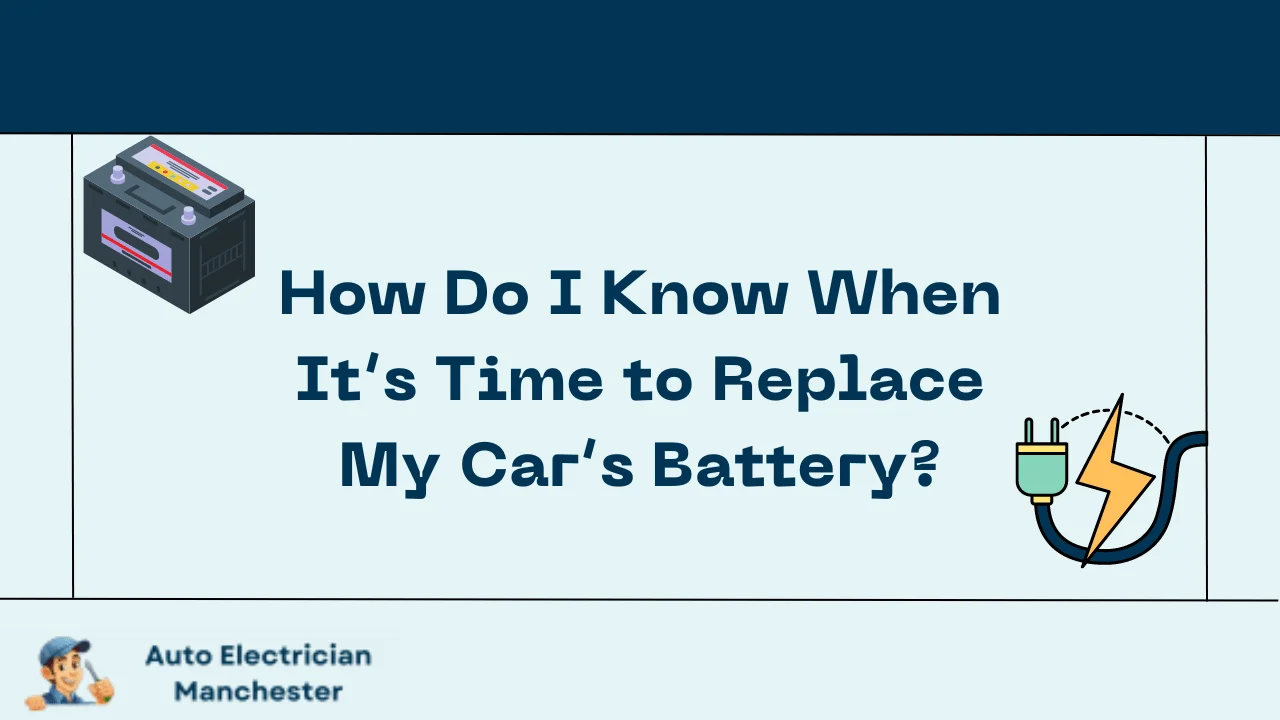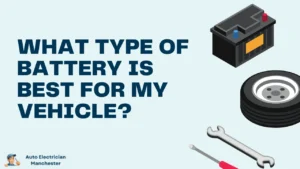
Your car battery is the heart of your electrical system, silently powering everything from the engine start to the entertainment system. But just like any other vital organ, a car battery has a limited lifespan. Knowing when it’s time to replace your car battery is crucial to avoid being stranded and ensure a smooth ride.
This guide will equip you with the knowledge to confidently identify the warning signs of a failing battery and make informed decisions about its replacement. Let’s dive in and explore the key factors that signal it’s time for a new battery.
Understanding Your Battery’s Lifespan
Car batteries aren’t designed to last forever. Several factors influence their lifespan, including:
Age: Generally, car batteries have a lifespan of 3 to 5 years. However, extreme temperatures, frequent short trips, and internal corrosion can shorten this timeframe.
Climate: Hot climates accelerate battery degradation. The intense heat weakens the internal components and shortens battery life.
Driving Habits: If you primarily take short trips, your battery doesn’t have enough time to fully recharge. This can lead to premature failure.
Remember: While age is a good starting point, it’s not the only factor to consider. Be mindful of your climate and driving habits, and proactively plan for a replacement before your battery leaves you stranded.
Signs Your Car Battery Needs a Replacement
Several telltale signs indicate your car battery is nearing the end of its life. Here are some key ones to watch out for:
Sluggish Starts: A slow crank of the engine when starting, especially on cold mornings, is a classic symptom of a weak battery. It may take several tries or require a jump start to get your car going.
Dim Lights: A failing battery might cause your headlights and interior lights to appear dimmer than usual, particularly at idle. This happens because the battery struggles to supply enough power to keep the lights bright.
Dashboard Warning: Many modern cars have a battery warning light on the dashboard. If this light illuminates, don’t ignore it. It signifies a problem with the battery or charging system that requires attention.
Look Beyond the Obvious:
In addition to the common signs, keep an eye out for these less-known indicators:
Battery Condition: Visually inspect your battery for physical signs of damage. A bulging or misshapen case or a rotten egg odor can indicate a battery on its last legs.
Corrosion: Corrosion around the battery terminals can impede proper electrical flow. Clean the corrosion with a baking soda and water solution, but significant corrosion might suggest a deeper issue with the battery.
Why Early Detection Matters?
Replacing a car battery before it fails completely is crucial for several reasons:
Peace of Mind: Knowing your battery is healthy eliminates the worry of getting stranded unexpectedly. You can hit the road with confidence.
Protects Other Components: A failing battery can put stress on your alternator, which is responsible for charging the battery. Replacing the battery before complete failure can help prevent damage to the alternator and other electrical components.
Improved Performance: A healthy battery delivers consistent power, ensuring optimal performance from your engine and electrical systems.
Conclusion
Your car battery plays a vital role in keeping your vehicle running smoothly. By understanding the signs of a failing battery and taking steps to replace it before it dies, you can ensure a safe and reliable driving experience. Don’t wait until you’re stranded on the side of the road – heed the warning signs and give your car the power it deserves!
FAQ
How much does it typically cost to replace a car battery?
The cost of a car battery replacement can vary depending on the size, brand, and features of the battery you choose. However, you can expect to pay somewhere between $100 and $200 for a standard battery and labor.

David Mack is a seasoned writer with a passion for the auto electrician niche. With years of hands-on experience and a knack for demystifying complex topics, David brings practical insights to his readers. Whether you’re a professional or a car enthusiast, his engaging articles offer valuable tips and trends in auto electrical systems.
